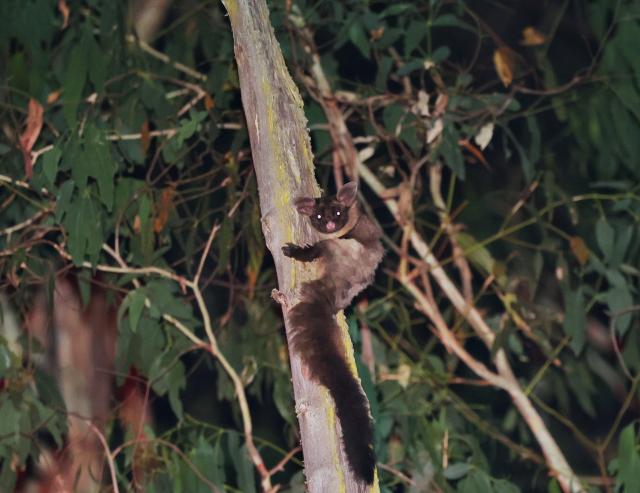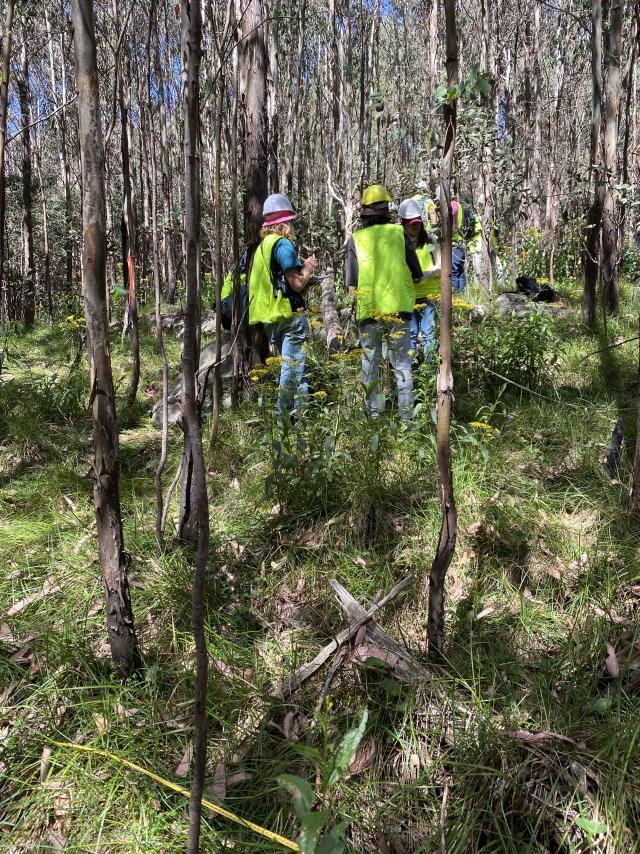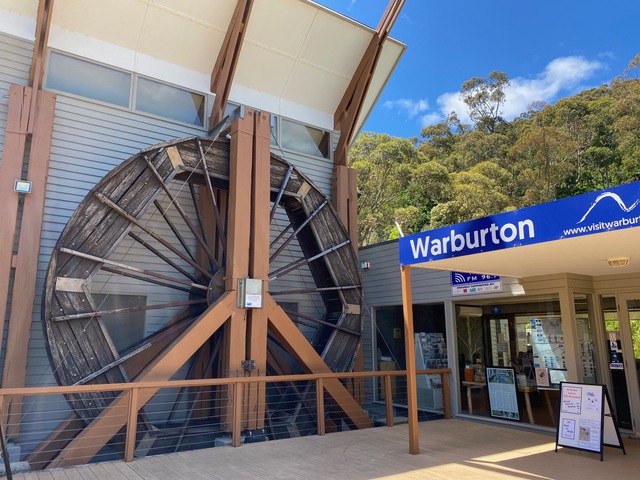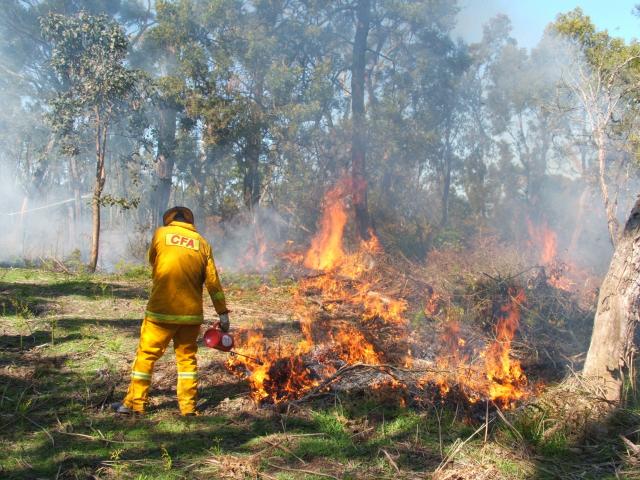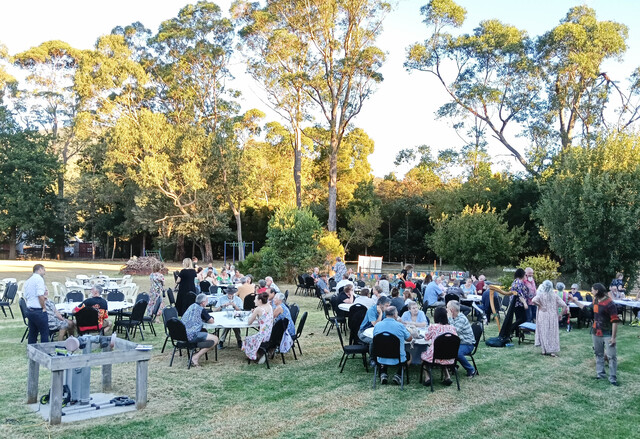Students from Melbourne University recently embarked on a trip to the Yarra Ranges to further their studies ahead of their return to classes.
Students completing a Master of Ecosystem Science travelled out to the Black Spur Inn for an opportunity to socialise and to study.
Research Fellow in Forest Resilience and Adaptation at Melbourne University Dr Benjamin Wagner facilitated ‘spotlighting’ sessions alongside course coordinators Craig Nitschke and Luke Kelly and said students were being taught field methods and how to assess the values of different ecosystems.
“We’re having a look at what sort of plants we find in the forest, how we measure trees, but also how we assess what type of animals we might find and what values they represent in the forests,” he said.
“We know down there on that road behind the Black Spur Inn is a big population of greater gliders and not too many had seen them before. It was really good that there were heaps of them around and everyone was really excited to see them as they are a threatened species after all.”
It was the first time since 2019 that the students were able to head out together to the Spur for study purposes, with a total of about 40 students participating.
Dr Wagner said students found as many as 25 gliders in a single 500m stretch on the second night.
“We had a little bit of a talk about how forest structure affects our observations and why there’s so many animals there, and maybe not in other places in the landscape,” he said.
“Especially with ecosystem science courses or ecology courses, it’s so important to get the students out there and have a hands-on experience on what they’re actually going to learn in the classroom. In this case, it was before the lectures actually start, so students got a first look at what it’s all about.”
Greater gliders were added to Australia’s list of endangered wildlife in July 2022.
Dr Wagner said students will be using their findings from the trip to assess ecosystem values and structures in their coursework.
“We’ll be using the data that they’ve collected to do analysis for structure and animal density and these things, and with Craig and I doing the landscape ecology part, we’re going to relate that to different scales and different impacts on the landscape,” he said.
“For Luke, it’s more about how you work with this data if you want to, for example, set up permanent monitoring of this forest and keep monitoring these values, how they change over time and what’s important.”
There is a relatively strong population of greater gliders in the Yarra Ranges and particularly the Black Spur due to the presence of peppermint eucalyptus, which is a preferred and highly-nutritional source of food for the marsupials, as well as the fact the forest is largely undisturbed and has plenty of tree hollows for nesting.
Dr Wagner said if students go on to have the kind of environmental jobs that people are interested in, the work they did in the Black Spur will be part of what they have to do on a daily basis.
“Getting those skills is really important, and the students said they’re really happy to be able to do that in the field and in the classroom,” he said.
“That’s the experience that they nee if they’re entering the job market later on or want to stay on and research too.”

